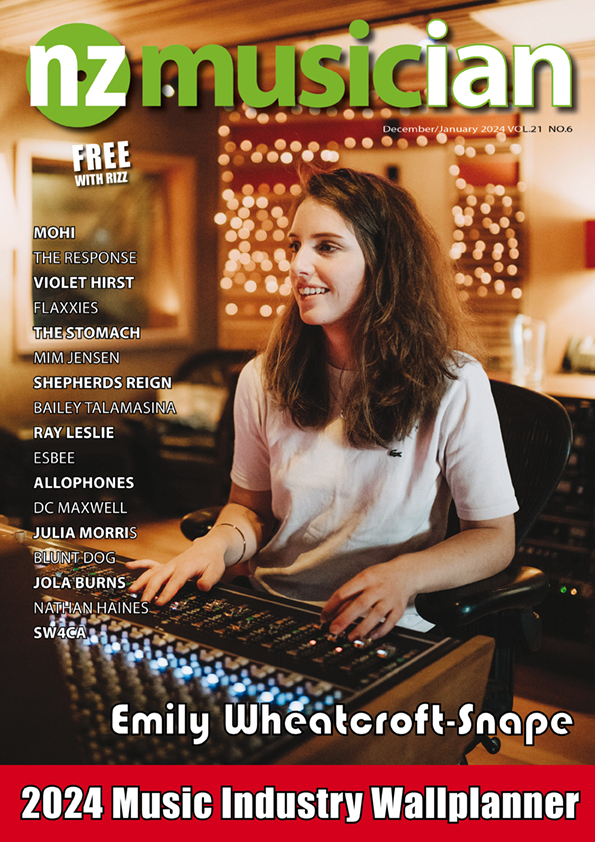Chronophonium Plug Pulled
Chronophonium Plug Pulled
Popular indie music festival Chronophonium has closed its doors, this time for good.
The announcement came on Tuesday May 24, with calls from the organisers for submissions of art which would be printed in farewell to the organisation.
Liam Kiely, one of the organising collective, said the past five years he had helped run Chronophonium had taken a toll on him and continuing was simply not an option.
“I haven’t had a holiday in the last five years because I’ve been doing this for so long, and that kind of led to me having a mental breakdown, as a result of that and work stress,” he said.
Kiely said the amount of work required left him feeling that it was “some other people’s time to step up into that space and do something.”
Chronophonium organisers ran into trouble last year after their event in the Coromandel went ahead without full consent from the Thames Coromandel District Council.
Kiely said the final Chronophonium, which was staged in the far north in February this year, was a chance to recover from the financial burden that the legal battle left them with.
“It kind of made sense to do it again to be able to pay those costs back.”
Despite taking a step back, Kiely said he’s happy with what Chronophonium has achieved, and the community it brought together.
Ian Jorgensen, founder of musical project A Low Hum, said some of the struggles that Chronophonium faced were what led to the closure of his own music festival.
“I know how hard it is, how unforgiving it is. I’m amazed it lasted this long.”
Jorgensen said Chronophonium wasn’t being run as a business and there was never a guarantee that it was going to work.
“The music industry has a weird business model, you know? I mean you basically scrape by on everything on the hope that something takes off,” he said.
Jorgensen said that New Zealand’s size was an issue for music festivals, because of the comparatively small population.
“It’s weird because when we grow up, we’re constantly reinforced that NZ is a small country.”
Large cities like Auckland and Wellington drawing in most of the population of a very spread out country was part of the issue, he said.
“There’s lots more room for other festivals in this country.”
NZ Musician’s Silke Hartung has been a Chronophonium regular. She said the responsibilities that come with the need for financial stability often discourage people from organising such indie festivals.
“You do need people who are enthusiastic and willing to work hard enough to make things happen, without looking at money,” she said.
Another Chronophonium organiser, Carl Naus, said the principles of being non-profit, ecological and Do-It-Together were becoming strained as the festival continued to grow.
“I think Chrony has kind of reached the end of its life in the way that it was truer to what we imagined and what it was supposed to be when it was younger and smaller,” he noted.
Naus said he didn’t like that himself and the other organisers came to be seen as authority figures because that didn’t represent the interests of the organisation.
“I think it’s really important to let these institutions die because they gain on us.”
Drummer Jack Hurst said he was disappointed that he and his band Open wouldn’t be able to return to the festival.
Other than Chronophonium, Open had played at only one music festival but “nothing near the scale of Chrony,” he said.
“It was such a great time.”


